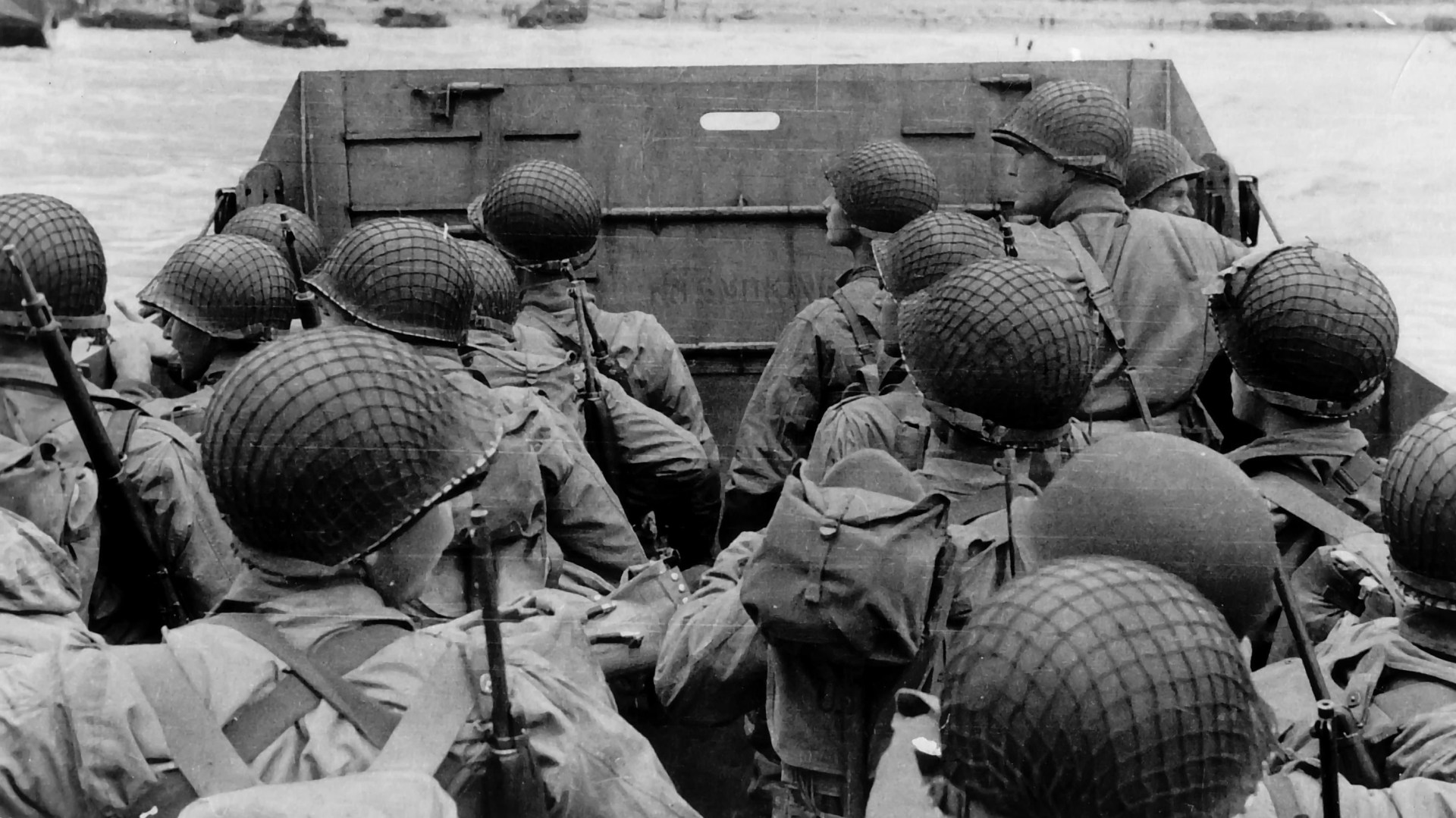It seems that for every cause, concern, and cataclysmic event we face, words from C.S. Lewis help us find our bearings. Dick Parsons, the co-chief operating officer of AOL Time Warner, turned to the Christian scholar for wisdom this week. Monday, Parsons sent a message to all AOL employees, quoting liberally from Lewis's WWII speech "Learning in War-Time." Though I wasn't able to secure a copy of the excerpt Parsons chose, I'll thank him for calling attention to the still-timely address.
To put this speech in context, it's important to note that Lewis's experience with wars began long before the Nazis invaded Poland in 1939. He had served and suffered injury in WWI, and though he was 40 when war broke out again, he was still eligible for being recalled to active duty. He dreaded the thought, writing in a letter to a friend:
"My memories of the last war haunted my dreams for years. Military service, to be plain, includes the threat of every temporal evil; pain and death, which is what we fear from sickness; isolation from those we love, which is what we fear from exile; toil under arbitrary masters … which is what we fear from slavery: hunger, thirst, and exposure which is what we fear from poverty. I'm not a pacifist. If it's got to be it's got to be. But the flesh is weak and selfish, and I think death would be much better than to live through another war."
Instead of serving at the front in WWII, Lewis served the Home Guard by patrolling Oxford, rifle on his shoulder, in the wee hours of the morning. But Lewis made a far greater contribution to the war effort with words. He was invited to speak to groups of soldiers, to students, and to his entire country via a series of BBC broadcasts. One of his best-known books, Mere Christianity, came out of those radio addresses. The Screwtape Letters, a fictional dialogue between demons published in 1942, in some ways confronts the war more directly, especially in this passage:
"Consider whether we should make the patient an extreme patriot or an extreme pacifist. All extremes … are to be encouraged. Not always, of course, but at this period. Some ages are lukewarm and complacent, and then it is our business to soothe them fast asleep. Other ages such as the present one are unbalanced and prone to faction, and it is our business to inflame them."
Lewis delivered his "Learning in War-Time" speech to a group of students who were no doubt wondering, "Why should I keep up my studies while the world crashes down around me?" The elegance of Lewis's answer cannot be captured here, but his points include an emphasis on learning to combat intellectual attacks, the necessity of completing all activities to the glory of God, the permanent problem of harmful distractions, and a reminder—of particular importance today—that war actually does little to change the human condition. Even amid explosions and threats, eternal salvation matters more than temporal security, and the human mortality rate remains at 100 percent:
"The war creates no absolutely new situation: it simply aggravates the permanent human situation so that we can no longer ignore it. Human life has always been lived on the edge of a precipice. Human culture has always had to exist under the shadow of something infinitely more important than itself. If men had postponed the search for knowledge and beauty until they were secure, the search would have never begun.
"We are mistaken when we compare war to 'normal life.' Life has never been normal. Even those periods we think most tranquil, like the nineteenth century, turn out on closer inspection, to be full of crises, alarms, difficulties, emergencies.
"Plausible reasons have never been lacking for putting off all merely cultural activities until some imminent danger has been averted or some crying injustice put right. But humanity long ago chose to neglect those plausible reasons. … They propound theorems in beleaguered cities, conduct metaphysical arguments in condemned cells, make jokes on scaffolds, discuss poetry while advancing on the walls of Quebec, and comb their hair at Thermopylae. This is not panache; it is our nature."
As I said, I don't know which of Lewis's words the AOL employees received, but these would have been helpful. So would these: "If we thought we were building up a heaven on earth, if we looked for something that would turn the present world from a place of pilgrimage into a permanent city satisfying the soul … we are disillusioned, and not a moment too soon."
* This article is indebted to David C. Downing's essay "Neither Patriot nor Pacifist, but 'Patient': Lewis on War and Peace."
* "Learning in War-Time" appears in The Weight of Glory and Other Addresses (Eerdmans, 1965). A student overview of the book's contents appears at Into the Wardrobe.
* Christian History has covered C.S. Lewis in issue 7 (available at the Christian History Store) and issue 65.
Elesha Coffman is managing editor of Christian History, and can be reached at cheditor@christiantytoday.com.
The online issue archive for Christian History goes as far back as Issue 51 (Heresy in the Early Church). Prior issues are available for purchase in the Christian History Store.
Copyright © 2001 by the author or Christianity Today/Christian History magazine.Click here for reprint information on Christian History.









